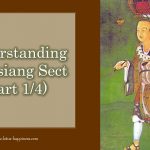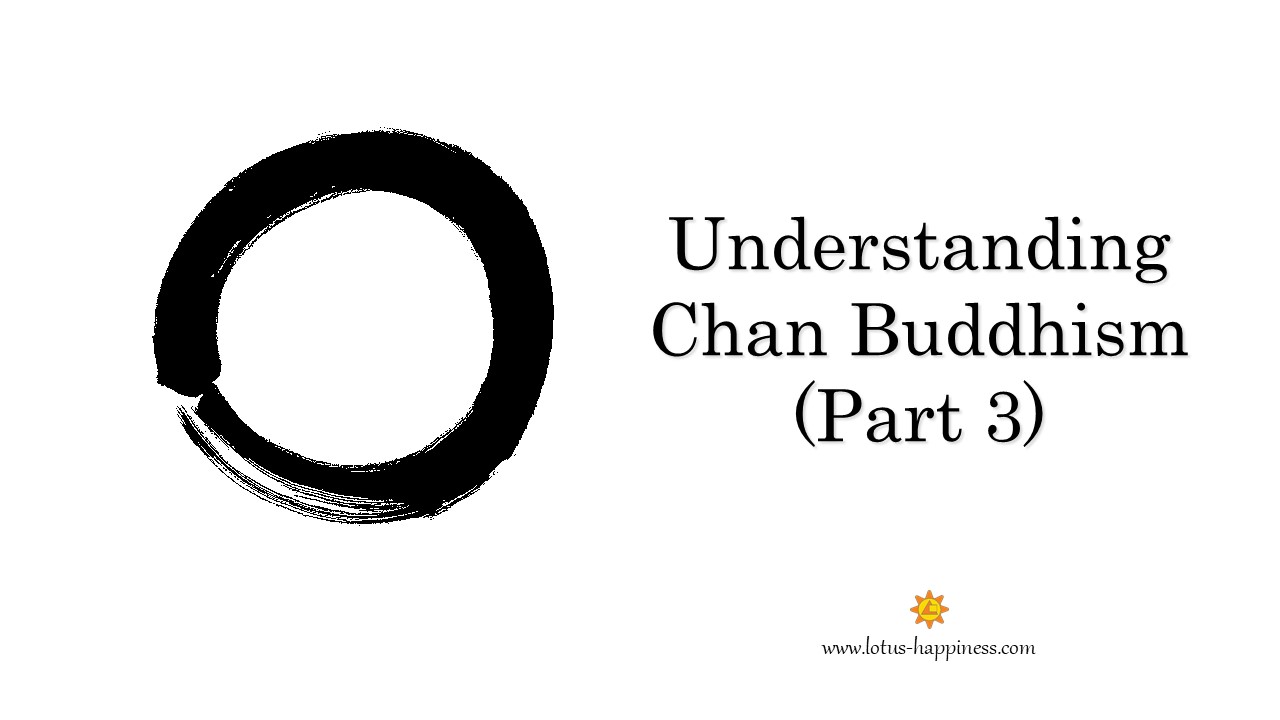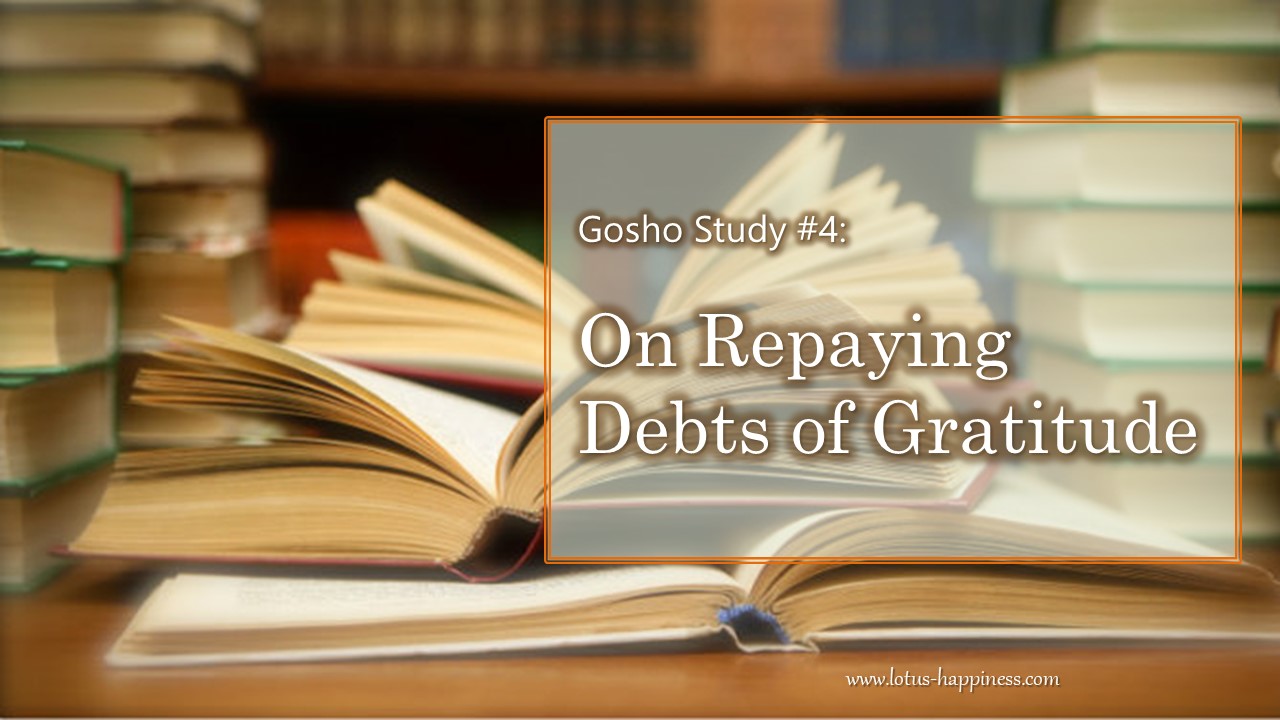
Virtue Victorious: The Past Life of King Ashoka
King Ashoka was an Indian emperor of the Maurya Dynasty who reigned almost all of the Indian subcontinent – stretching from the Hindu Kush mountains in Afghanistan to the modern state of Bangladesh in the east – from c. 268 – 232 BCE.
In King Ashoka’s past life, he was just a small boy named Virtue Victorious. He was playing with his mate, a boy named Invincible. Pretending to be a king, he built a sand castle which included a treasury together with his friends.
At that time, Shakyamuni Buddha passed by the children playing in the sand during his alms round. Upon seeing the Buddha, Virtue Victorious was very inspired to give offerings to the Buddha.
Immediately, he picked up the imaginary treasury room of the castle in his hands and quickly walked over to the Buddha to place these imaginary riches within his begging bowl.
At first, Ananda wanted to stop the boy, thinking with a loving heart that the sand would ruin the food within the Buddha’s begging bowl. Yet the Buddha stopped Ananda from preventing this offering.
The Buddha was so tall that one of this disciples had to pick up Virtue Victorious in order for him to make the offering. Virtue Victorious joyfully placed the imaginary treasury within the Buddha’s begging bowl while Invincible looked on with his palms joined in reverence.
Following this event, Ananda asked the Buddha why he had allowed the boy to put sand in his begging bowl.
The Buddha said that two hundred years after his mahaparinirvana, Virtue Victorious would be reborn as a universal king (Skt. Chakravartin) known as King Ashoka. This king would embrace the Buddha’s teachings and supported the propagation of Dharma throughout the region. His friend, Invincible, would be reborn as his wife.
True enough, King Ashoka was born in India. He was one the king who propagated Buddhism widely throughout India.
Moral of the Story:
Motivation or intention in our actions is more important than the action itself. The sincere heart of making an offering is what counts.
The Offering of a Pie Mud from “Treasures of the Heart” by Daisaku Ikeda.











